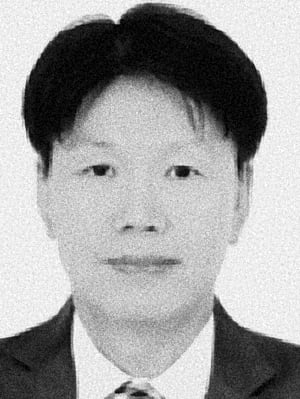
Lee Bongki
Research Fellow of Korea Institute for National Unification
The global community is now living in an era of refugees. People fleeing hunger and oppression are migrating predominantly from Africa to Europe and from Central and South America to the United States. South Korea is no exception. Individuals from diverse countries, including Afghanistan, China, and Russia, are seeking refuge in South Korea to escape political and religious persecution or war. Among these refugees, one group remains relatively less known to the outside world: North Korean defectors. Instead of crossing the heavily fortified border between South and North Korea, North Korean defectors undertake a perilous journey of over 4,000 kilometers, often traversing China, Vietnam, Laos, and Thailand to reach South Korea. Today, more than 34,000 North Korean defectors call South Korea home.
The government of the Republic of Korea views these defectors as “a precursor to reunification” and has established an array of support programs, considering their successful integration a touchstone for the eventual reunification of the Korean Peninsula. However, challenges akin to those faced by former East Germans, who often felt like “second-class citizens” in their own country after reunification, are surfacing in South Korea. Addressing these issues requires not only governmental support but also a shift in societal perceptions towards North Korean defectors.
To highlight their presence and enhance their integration, the South Korean government has designated July 14th, marking the enactment of the North Korean Refugees Protection and Settlement Support Act, as a day for national commemoration, with the inaugural ceremony scheduled for this year. The commemoration aims to honor the defectors’ yearning for freedom and send a message of hope for reunification to North Koreans. It also seeks to stimulate discussions on enhancing the rights and interests of North Korean defectors and promote their integration into South Korean society.
Next year marks the 80th anniversary of the division of the Korean Peninsula. Over the years, South Koreans’ reunification fatigue has deepened, and the perceived need for reunification has diminished. According to a 2023 survey by Seoul National University’s Institute for Peace and Unification Studies, only 43% of the respondents believed that “reunification is necessary,” the lowest since the survey began in 2007. Conversely, 29% felt that “reunification is not necessary,” the highest level ever recorded. Additionally, North Korea’s reckless provocations, including sending balloons filled with trash and manure across South Korea since May and disrupting the daily lives of South Koreans, have heightened inter-Korean tensions. These actions have fostered antagonism toward the North, further dampening reunification sentiment.
In this context, establishing the North Korean Defectors’ Day as a national commemorative day signifies a strengthened commitment to reunification. Amidst a global climate where the sacrifices made for liberal democracy are threatened by authoritarian regimes, this day serves as a reminder of the importance of freedom not only to the people of South and North Korea but also to the wider world. It is also hoped that the designation will draw international attention to the plight of North Korean defectors living around the globe and those still suffering under the oppressive North Korean regime, deprived of their freedom.
In conclusion, I would like to share a quote from former U.S. President Ronald Reagan’s June 1982 speech to the British Parliament, encapsulating the enduring significance of freedom and democracy: “All the democracies paid a terrible price for allowing the dictators to underestimate us. We dare not make that mistake again. So, let us ask ourselves, “What kind of people do we think we are?” And let us answer, “Free people, worthy of freedom and determined not only to remain so but to help others gain their freedom as well.”






